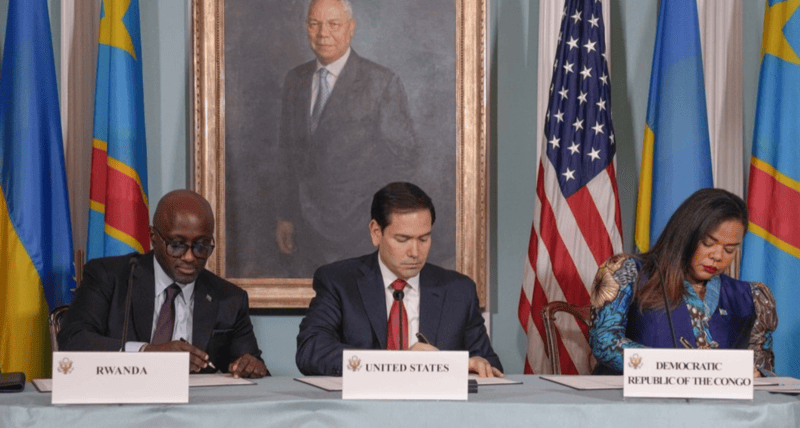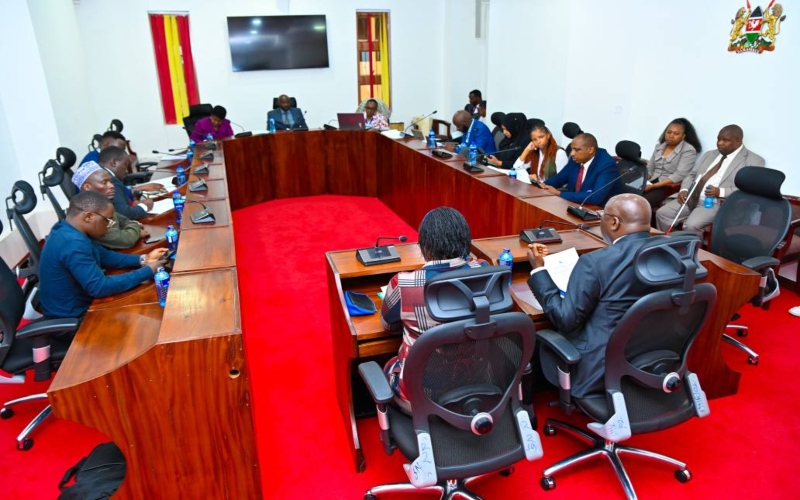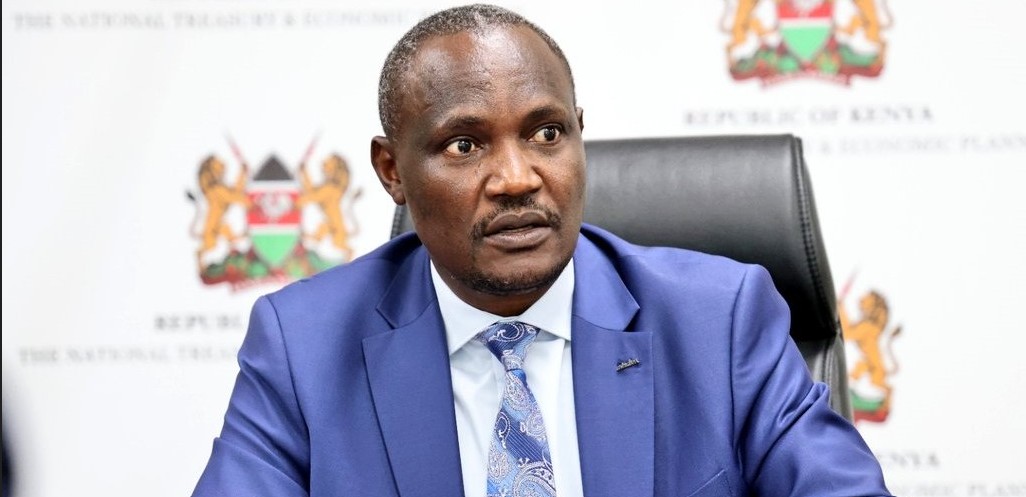President Ruto enacts Capital Markets, County Funding and State Enterprises laws

The measures reflect the administration’s effort to boost investment, improve public resource management, and support county governments with additional funding from both national revenue and development partners.
President William Ruto has enacted four Bills into law, reinforcing his government’s agenda to strengthen governance, expand county funding, and modernise state enterprises.
The signing ceremony, held at State House on Friday morning, was attended by key leaders, including Speaker Moses Wetang’ula, Attorney General Dorcas Oduor, Treasury Cabinet Secretary John Mbadi, Narok Senator Ledama Ole Kina, Nakuru Senator Tabitha Karanja, and MP Millie Odhiambo.
More To Read
- High Court invalidates State corporation management guidelines limiting PSC
- Moi University's Rivatex handed over to global firm in bid to stabilise operations
- Rivatex on brink of collapse as high costs, outdated machines undermine revival plan
- NOCK declared "technically insolvent" as MPs order special audit into state oil agency
- MPs raise alarm over NOCK's financial collapse in face of Sh3 billion Rubis loan
- Cabinet approves Bill to end political patronage in state agencies through merit-based appointments
The signing follows President Ruto’s assent to nine Bills last month, on October 15, 2025.
Among the new laws are the Capital Markets Amendment Bill 2025, the County Governments Additional Allocation Bill, and the Government-Owned Enterprises Bill 2025.
The Capital Markets Amendment Bill 2025 aims to modernise Kenya’s investment environment and attract more domestic and foreign capital.
The County Governments Additional Allocation Bill provides both conditional and unconditional transfers to counties to ensure better financing for development programs.
The Government-Owned Enterprises Bill 2025 introduces clear rules for the governance, oversight, and operational performance of state-owned entities.
Under the law, these entities are required to operate under the Companies Act, appoint independent directors, and define their public service obligations in measurable terms.
The legislation also mandates robust financial reporting, performance contracts, and accountability measures to align the work of state enterprises with national development goals.
The Government-Owned Enterprises law also identifies 65 public entities for potential privatisation to improve efficiency and reduce public wage burdens.
This list includes the Kenya Literature Bureau, the National Oil Corporation of Kenya, Kenya Seed Company Limited, Rivatex East Africa Ltd, Kenyatta International Convention Centre, and New Kenya Cooperative Creameries.
During the Committee of the Whole House, Majority Leader Kimani Ichung’wah moved an amendment to remove the Kenya Pipeline Company from the list of state entities scheduled for privatisation.
“Speaker, I beg to move that the First Schedule be amended as it is on the Order Paper. This is just to remove from the Schedule the Kenya Pipeline Company, which is already undergoing privatisation and therefore cannot be categorised as part of the Government-Owned Enterprises,” he explained.
The government plans to complete KPC’s privatisation by March 2026 through an initial public offering at the Nairobi Securities Exchange.
The move will see the sale of 65 per cent of the government’s stake, expected to raise over Sh100 billion, while the state retains a 35 per cent holding.
Other Topics To Read
- News
- Headlines
- National
- National Oil Corporation
- Rivatex
- State corporation
- Government-Owned Enterprises Bill 2025
- Capital Markets Amendment Bill 2025
- County Governments Additional Allocation Bill
- Kenya Seed Company Limited
- President Ruto enacts Capital Markets
- County Funding and State Enterprises laws
KPC transports petroleum products within Kenya and to neighbouring countries, and the listing aims to increase public participation and ensure transparency in one of the country’s most profitable state firms.
Another law that received the President’s assent is the Provisional Collection of Taxes and Duties (Repeal) Bill 2025. Sponsored by Majority Leader Kimani Ichung’wah, it was published in May 2025 and passed in the National Assembly on November 18 without amendments.
The Bill repeals the 1959 Provisional Collection of Taxes and Duties Act, which allowed the Treasury to collect taxes proposed in revenue bills before Parliament approved them.
The law was deemed unconstitutional in a 2018 court ruling and conflicted with several provisions in the Constitution regarding Parliament’s authority to impose taxes.
By repealing the outdated legislation, the government has realigned tax collection practices with constitutional requirements and eliminated an obsolete legal framework that had remained for decades.
Top Stories Today











































